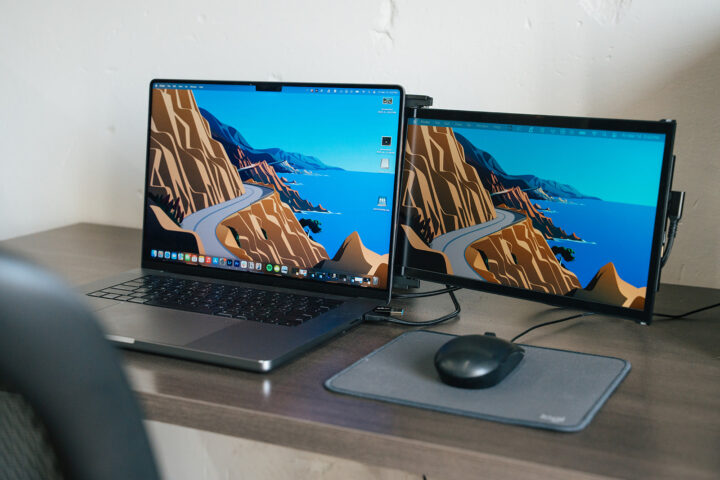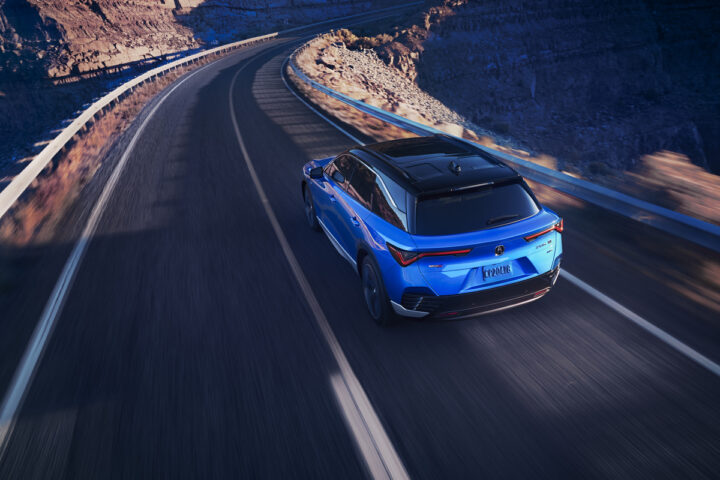A startup called Zubie is now offering a wireless device the Zubie Key that connects to most cars ODBII systems allowing the car to sync data from your car directly to an app on your smartphone. Zubie Key also tracks 30 metrics of driving behavior such as hard acceleration, hard breaking, speeding, nighttime driving and idling. Users driving skills are scored on a scale of 100. That score can be compared to other uses in your group or the larger Zubie community.
Zubie is backed by Best Buy and just raised an additional $8 Million dollars in funding from investors, the company is headed by Tim Kelly, formerly the head of Sprint’s wireless division. The company is hoping enough people will embrace the idea of tracking their driving habits, many companies already use devices similar to Zubie to track their fleets. The concept might be more appealing as a way for parents to track their teen drivers, and unlike other devices that require a bluetooth or wifi connection the Zubie has its own service on the T-Mobile network, it costs $99.95 a year including the Zubie key.
The service also allows uses to set up “geo-fences” around places like home and work so you can receive an alert when the car enters or leaves an area (sounds like a controlling boyfriend/ stalkers dream). Plus it will give you route history, time spent at locations, etc…
Being on its own cellular data connection enables the device to send alerts to the owner even when the car is turned off or parked for a long period of time. That also means that if someone has installed one on your car without your knowledge, they don’t need to access your car again or even be near it to retrieve any data.
Currently the app is only for iPhone 4 and up but an Android version will be available shortly. The company is also in talks with major insurance carriers, a relationship that would offer Zubie customers discounts in exchange for allowing the insurance provider access to your cars data. Currently you can order the Zubie online at zubie.co and it will be sold over the counter at Best Buy soon, also expect it to pop up at T-Mobil retailers as an accessory.
While it sounds like an exciting product, and it could come in handy for keeping track of the service on some of our late model family cars; there are some dangerous implications. With the majority of people not even knowing they have an OBDII Port or where it is on their car. It would be easy for someone to install a Zubie on a car without the owners knowledge. Just think of the number of people that have access to your car, from repair shops, smog stations, car washes, dealership employees, family members, friends, or coworkers you ride share with.
There should be some kind of safeguard put in place to prevent covert use in this authors opinion, perhaps a unique chime when you start the car. If such a system is in place I could not find it in the Zubie media fact sheet, they do go the extra mile to secure the data that is collected.
Source: Zubie
UPDATE: A Reply from Zubie Regarding the Security Concerns we raised. The unedited reply is below.
Michael,
thanks for the thoughts on Zubie.
As with anything related to location tracking, the sensitivities are varied and numerous. However, there are compelling family safety and driver improvement applications that emerge once you put the data within a private controlled context. For example, for a family with teen drivers. Our focus is primarily on enabling car owners to get the most of out their data. In a way, by minimizing the need for more public location-sharing (e.g. foursquare) we are in a way, promoting more awareness and better privacy.
We use two factor authentication to associate the device, the car and the account holder. We leverage the full extent of the Google security stack and oAuth to protect our cloud-based datastores. We also ensure that the integrity and security of the data is maintained when the device is lost, sold, transferred or inadvertently ends up in someone else’s hands. We have worked through many of the scenarios to ensure that bottom line, access to the device does not provide access to the data collected from it.
Of course there are always possibilities for someone to use any tracking technology in ways that are not intended and/or plain illegal. I would note that it is illegal in some states to use GPS tracking without the owners knowledge, but the laws get more vague when it comes to vehicles you own but drivers who are unaware (e.g a cheating spouse).
In any case, finding that balance between data empowerment and privacy/security is always a good discussion to have.
Thanks,
-Navin Ganeshan
VP, Product @ Zubie


























